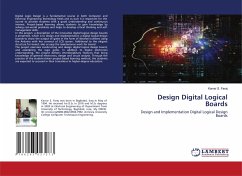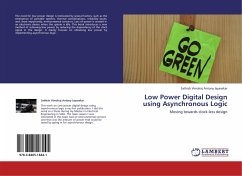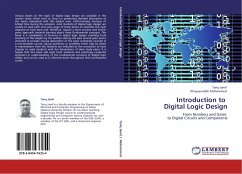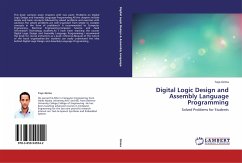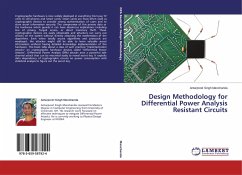Digital Logic Design is a fundamental course in both Computer and Electrical Engineering Technology fields and as such it is important for the course to provide students with a good understanding and continuous interest. Project-based learning allows students to gain knowledge by solving real-world problems and helps to develop critical thinking and self-management skills. In this project, a description of the innovative digital logical design boards is presented, which is to design and implementation a digital logical design boards to show the output of gates in the form of decimal numbers using the Arduino with her connect of LCD screen. Additional to the elegant structure for board, also as easy the maintenance work for board. The project exercises constructing and design digital logical design board, and assembling the logic gates. In addition to digital electronics understanding, the project delivers interdisciplinary features that bring knowledge of general electronics, design and circuit analysis. Through the practice of the student-driven project-based learning method, the students are expected to succeed in their transitions to higher-degree education.

